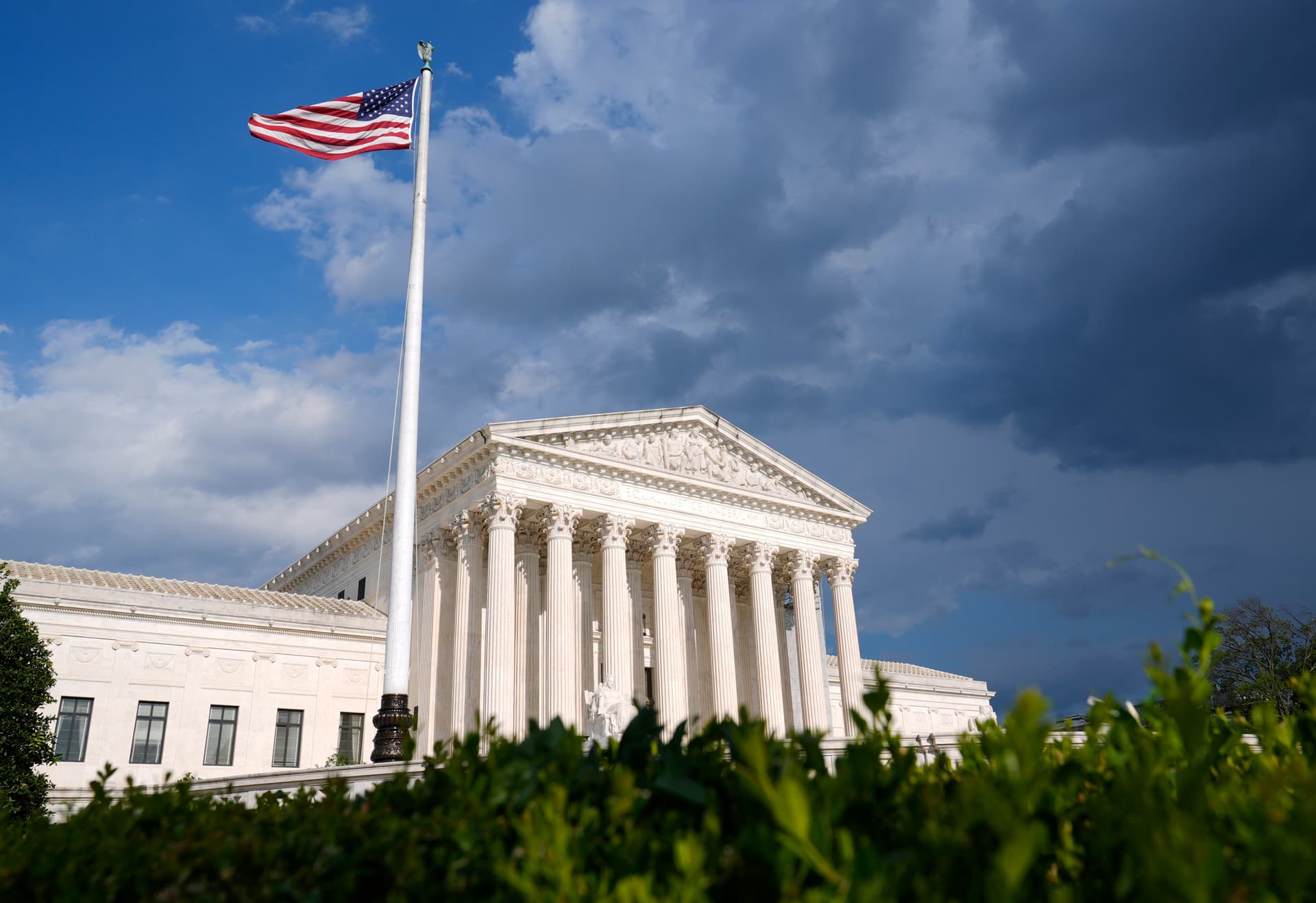
Hamas, Defying Trump, Eyes Keeping Control of Gaza
By THE NEW YORK SUN
|Cheeks emphasizes that Paramount and CBS are not apologizing for the Harris interview.

Already have a subscription? Sign in to continue reading
$0.01/day for 60 days
Cancel anytime
By continuing you agree to our Privacy Policy and Terms of Service.

By THE NEW YORK SUN
|
By CAROLINE McCAUGHEY
|
By JOSEPH CURL
|
By MATTHEW RICE
|
By LUKE FUNK
|
By JOTAM CONFINO
|
By NOVI ZHUKOVSKY
|
By BRADLEY CORTRIGHT
|